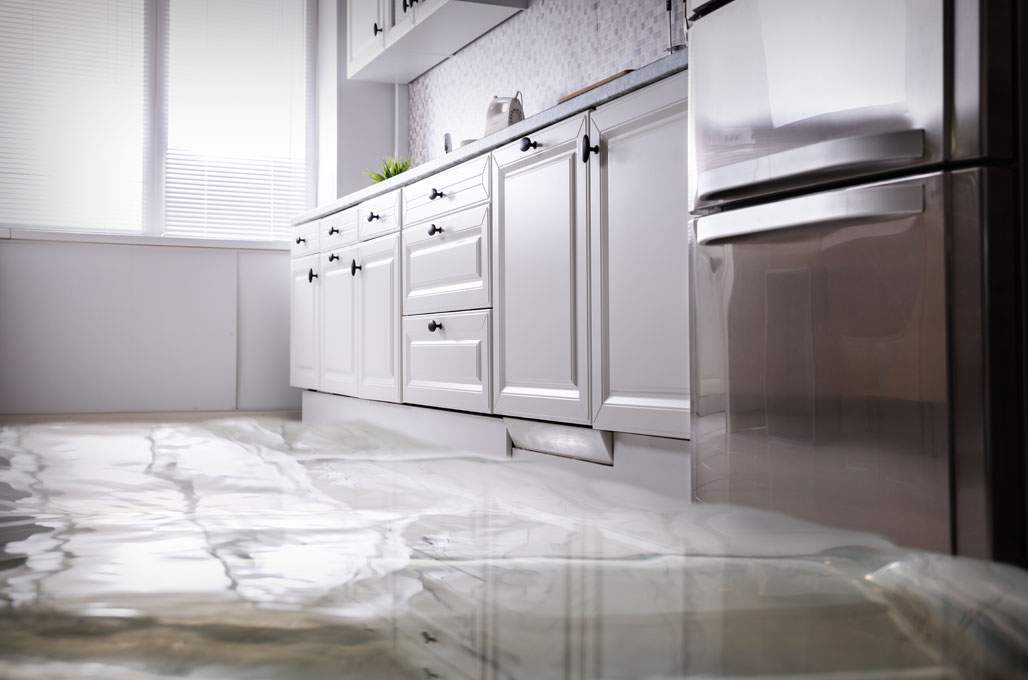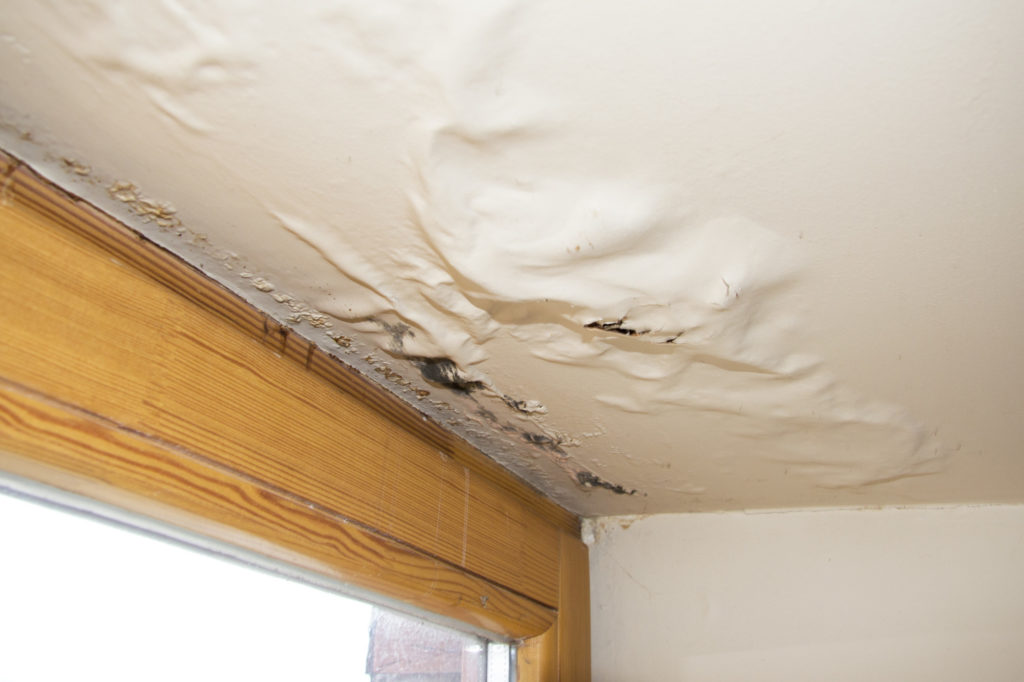The concept of smart building automation systems has increasingly become a crucial component in modern architecture and property management. These systems are designed to improve energy efficiency, enhance security, and provide convenience for occupants. In this article, we will explore the various facets of smart building automation systems explained and how they are transforming the way buildings operate. Whether you are a tech enthusiast or simply curious about the latest advancements in building technology, this guide is for you.

What Are Smart Building Automation Systems?
Smart building automation systems refer to integrated systems that use advanced technology to control and monitor various building operations, such as lighting, heating, ventilation, and air conditioning (HVAC), security, and more. These systems enable buildings to operate more efficiently by collecting and analyzing data to optimize performance.
Benefits of Smart Building Automation Systems
Energy Efficiency
One of the primary advantages of smart building automation systems is their ability to significantly reduce energy consumption. By using sensors and data analytics, these systems adjust energy usage based on occupancy and environmental conditions. This not only lowers utility bills but also contributes to environmental sustainability.
Enhanced Security
Security is a top priority for any building owner. Smart building automation systems integrate advanced security features such as surveillance cameras, access control systems, and alarm systems, all of which can be monitored remotely. This ensures the safety of occupants and assets at all times.
Improved Comfort and Convenience
These systems provide unparalleled comfort and convenience for building occupants. For instance, smart thermostats adjust temperatures according to preferences, while automated lighting systems ensure optimal lighting conditions. Occupants can also control these systems remotely, adding an extra layer of convenience.
Technologies Involved in Smart Building Automation
Internet of Things (IoT)
The Internet of Things (IoT) is a key component of smart building automation systems. IoT devices collect and transmit data, allowing for real-time monitoring and control of various building operations. This data-driven approach enables predictive maintenance, reducing downtime and repair costs.
Artificial Intelligence (AI)
AI enhances the capabilities of smart building automation systems by analyzing data to make informed decisions. For example, AI can predict energy usage patterns and adjust systems accordingly, further optimizing energy consumption.
Challenges and Considerations
Cost of Implementation
While the benefits are substantial, the initial cost of implementing smart building automation systems can be high. However, the long-term savings in energy and maintenance costs often justify the investment.
Data Security
With the integration of technology comes the risk of data breaches. It’s crucial to implement robust cybersecurity measures to protect sensitive data and ensure the integrity of the system.
Future of Smart Building Automation
The future of smart building automation systems is bright, with advancements in technology continuously enhancing their capabilities. The integration of technologies such as 5G and blockchain is expected to further revolutionize the way buildings operate.
Conclusion
In conclusion, smart building automation systems are transforming the landscape of property management and building operations. By embracing these systems, building owners can enjoy the benefits of energy efficiency, enhanced security, and improved comfort, all while contributing to a sustainable future.

FAQs
What types of buildings can benefit from smart building automation?
Virtually any type of building, including commercial, residential, and industrial properties, can benefit from implementing smart building automation systems.
Are there government incentives for adopting smart building technologies?
Yes, many governments offer incentives and rebates to encourage the adoption of energy-efficient technologies, including smart building automation systems.
How can I get started with smart building automation?
To get started, consider consulting with a professional who specializes in smart building technologies to assess your needs and determine the best solutions for your property.
For more insights on how landlords use technology to save costs, check out this landlord technology guide. Additionally, learn about the core advantages of implementing technology for property management in this Forbes article.
This article contains affiliate links. We may earn a commission at no extra cost to you.






